GP Travel Diaries: A Beauty Brand Founder Does A One-Month Cleanse In India
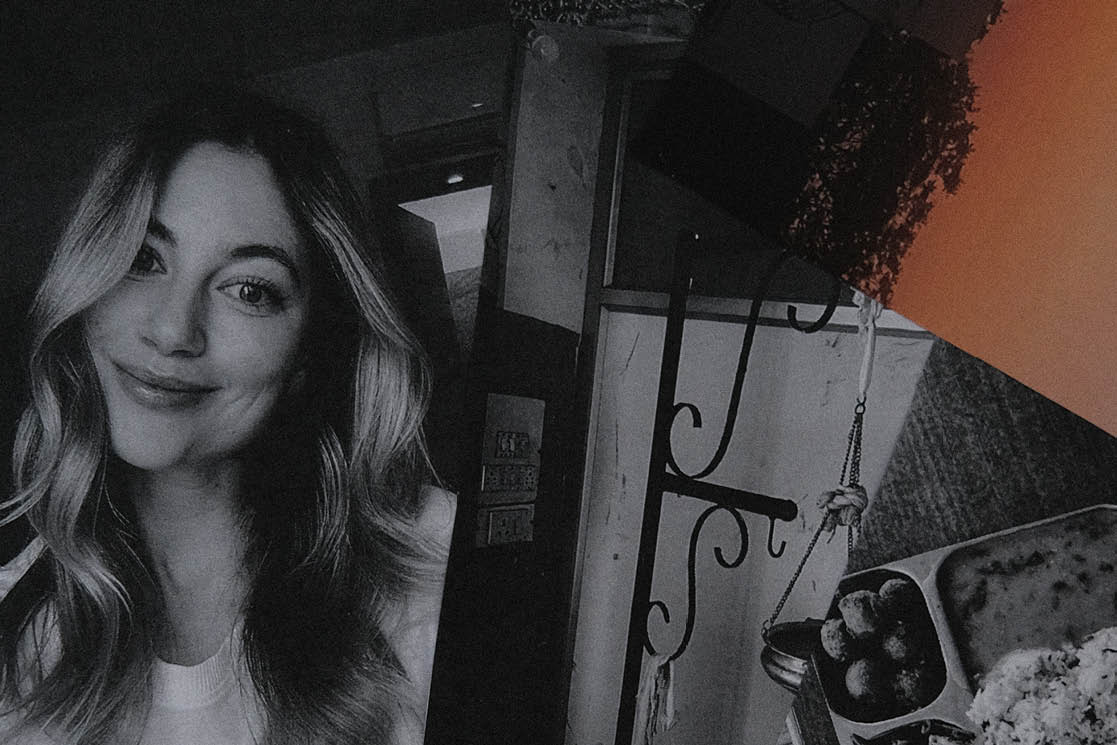
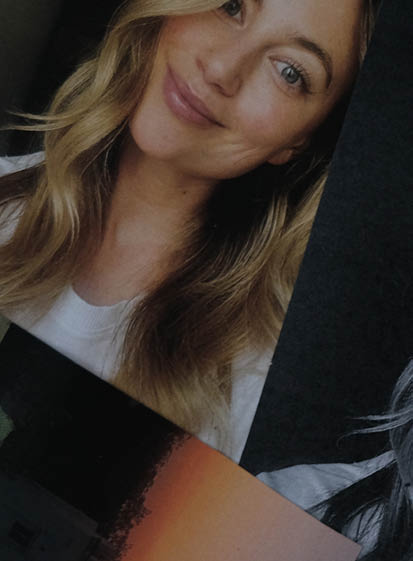
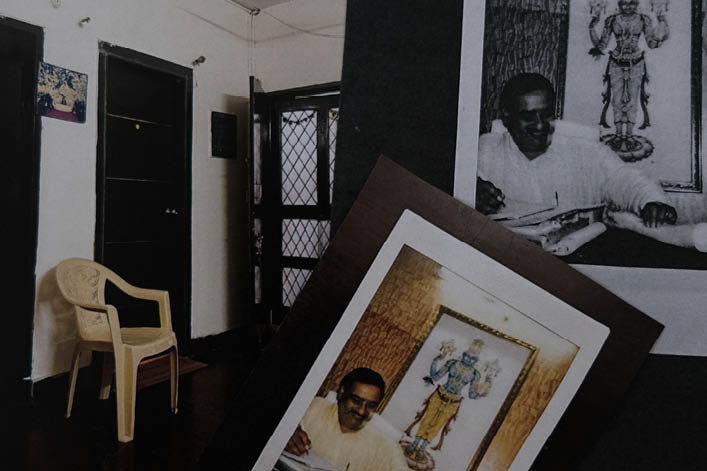
Cassie Cameron, of One Eleven, takes us on an incredible journey to India for a month-long ancient cleanse.
After a few months of big life changes and being in a period of transition, I knew there was never a better or more important time to finally take the plunge and fly to India for Panchakarma. Despite leading a dedicated and balanced Ayurvedic lifestyle and having a resilient physiology, there’s no doubt that my experience in this modern world of late has shown me that I’m apparently not Superwoman. My whole system was in need of deep healing and rejuvenation, on a mental, emotional, and indeed, spiritual level. And there’s nothing that reigns in the beginning of a new chapter through (literally) clearing out the old to make way for the new quite like a month-long industrial strength detox in the homeland of the Veda, the source of eternal knowledge of the science of life and natural law itself.
Panchakarma is an Ayurvedic detox and rejuvenation program that involves a methodical combination of taking herbs, body treatments and adjusting diet and lifestyle to cleanse and renew the body. It’s an intensive process which works on all levels of the mind, body and spirit, and is based on the traditional Ayurvedic texts cognised thousands of years ago by Vedic seers. The purpose is to purify the body from ‘ama’, which is a build up of toxins in the body, and enliven the memory of perfect health in the cells. It’s recommended that, if you can, you do the programme annually to maintain great health and for longevity.
Proper Panchakarma must be done by licensed professionals who are experienced and are the real deal—there are many places claiming to do Panchakarma that only do some treatments for a few days; this isn’t proper Panchakarma. Proper Panchakarma is for a minimum of 23 consecutive days, under the care of a Vaidya (Ayurvedic physician). This is because the whole process is done in three stages over at least three weeks:
- First, preparing the body to remove toxins through loosening them and bringing them to the surface for release (through treatments like abhyanga and potra potali)
- Then removing toxins from the body to balance the doshas (through elimination therapy like Bastis)
- Then removing impurities from the head (Nasya)
This is why a trip to India to a proper Panchakarma clinic is necessary; to go to the heart of knowledge and an authentic place where the whole process is carried out with care and is completed.
People from all over the world travel to India for Panchakarma for a number of reasons. Some people are going through a stressful time in their lives or transition period (like me), others are doing it for maintaining good health and personal evolution, as more of a preventative thing (which is what I intend to do from now on), and others who go there have serious health conditions which they’re looking to cure. The clinic I’m going to hails a number of mind-boggling health transformations where the miraculous seems to be a day-to-day normality, so I’m not surprised.
Dylan, my business partner in One Eleven Health, sent me a long list of things to pack: old loose clothes you don’t mind throwing out after, enough shampoo and conditioner to open a small hair salon, a thermos for all the hot water I was about to be sipping, mosquito repellent, a yoga mat—you know, the bare essentials. I was instructed to pack light, so that I had enough room for all the herbs I was going to be bringing home. Dylan has done Panchakarma more than a few times and spends half his time in India, so this isn’t his first rodeo. In fact, he was the one who told me about Panchakarma and inspired me to go. So I booked my flights, sorted my travel admin, packed my bags and I was off. To my surprise I couldn’t get on that plane fast enough. We all know that feeling.
And of course, I was headed to have this experience with none other than the world authorities on Ayurveda, an incredible family of Vaidyas who have an unbroken lineage of Ayurvedic doctors for over 13 generations, training their children from a young age in the wisdom of Ayurveda. After working with them for the past couple of years on our herbal formulas for One Eleven, I had witnessed first-hand their unparalleled knowledge on holistic health and how passionately dedicated to service they are. For Panchakarma, you are advised to surrender to the Vaidya, and trust that your body’s innate intelligence as well as the Vaidya’s healing capacity make a great team in restoring balance. I’m told to have a ‘Sattvic’ or positive approach to the experience, as natural law shows us that the expectation contains the outcome.
I arrived at the airport to be greeted by Murti, the driver, and was accompanied by one of the (enthusiastic) other guests, an Australian-Italian called Pablo, who I later found out had spent 18 consecutive years rounding (an advanced meditation practice). We arrived at the treatment centre accommodation which was about a 45 minute drive from the airport. I’m taken to my room up three flights of stairs. It’s a simple, humble room with the basics: a bed with sheets and a light blanket, a desk, a bathroom with a shower, toilet, bucket and mirror. There’s also a fan and air conditioning (it gets pretty hot here).
There’s another couple of buildings that house accommodation for the guests: the clinic (where the morning consultations are held), a Puja room (where Vedic ceremonies are carried out), the treatment centre (where all the body treatments are done each day) and the dining hall (where all the food is served each day). All of these are within a few minutes walk from each other, and everything is within a gated community, which I hardly left during my stay. The vibe of the place is not quite a hospital, not quite a retreat, not quite a hostel, but somewhere in between. If I tried to describe it to people, they maybe wouldn’t get it, or it wouldn’t sound appealing and I’d hear myself saying ‘You had to be there’—that’s kind of what this place is like.
On the first day I’m instructed to fast before my morning pulse consultation, where I see the Vaidya for the first time and he plans out my treatments based on what he finds in my pulse. I go to the clinic and wait in line. There are a mixture of in-patients who are there for Panchakarama (I’m told it’s a busy time of year where there are about 40 people there at that time), and also local out-patients there for their check-ups. For every building you enter into, it’s customary to take off your shoes, so everyone leaves their shoes outside. In the clinic as you walk in to the right there’s a Puja room, where each morning the pundit is chanting mantra, Vedic sounds that invoke the laws of nature and bring healing and harmony to the place. There is an altar with many statues and portraits of various Vedic deities. The chanting is continuous and can be heard even in the consult room.
The most incredible thing I’ve come across in Ayurveda so far is this pulse diagnosis process. It amazes me that just from reading the pulse, an experienced Vaidya is able to detect your entire health history, that of your parents, your state of mind, all aspects of your health, and even your dreams from the night before (which happened a few times in my readings). After this, I’m told to go rest in my room and await next steps for my afternoon treatments. My herbs to take each day are delivered to the room, and in the afternoon I start with my first treatments for the day. The treatments I start with and which continue for the next couple of weeks are abhyanga massage (a medicated oil massage) patra potali (a treatment with warm herbal boluses) takradhara (a buttermilk treatment for the head) and bastis (herbal oil application on the marma points). I’m then prescribed beauty treatments by Padma, the female Vaidya who I often talk to about holistic beauty. The treatment is called ‘face balls’, a special herbal face pack that comes in the shape of small balls which you apply with water. Later with my take home kit I’m given face balls of my own plus two specialised herbal face creams for anti-ageing and skin health, all natural and made from the finest therapeutic herbs for a facial glow.
The daily schedule at the clinic goes something like this. You typically wake up early with the sound of birds, dogs barking or the clashing of pots in the kitchen with staff making breakfast. I would rise normally at about 5 or 6am. Then I would do oil pulling (medicated oil which you swish around in your mouth to pull out toxins), brush my teeth and scrape my tongue. In Ayurveda, oil pulling and tongue scraping are a cornerstone of one’s daily routine to draw the toxins out of the mouth each morning. It’s said that during the night, we detoxify through the soles of our feet and through our mouth. In the morning, we use a copper tongue scraper to scrape the toxins off the tongue. You know all that white stuff? Yep that’s it. That’s all toxins. If those aren’t scraped off first thing in the morning, they are absorbed back into the system. Oil pulling and tongue scraping are amazing for overall health, immunity, gut health, oral health, fresh breath and so much more. Once you start doing this, you can’t look back.
Then, I take my herbs, most of which are in a paste made out of honey, I sip on some water, and then do a long yoga and meditation practice. Yoga and meditation are not part of the actual Panchakarma programme, but there is lots of downtime scheduled for rest and for spiritual practice during the day. After that I shower, get dressed and pack my tote bag with my treatment book (where the Vaidya writes notes and treatments for the day), a notebook to take notes, a towel, shampoo, conditioner and body wash (to rinse all the oil off after the treatments), and a thermos filled with hot water (an important part of the detoxification process and daily Ayurvedic lifestyle is sipping hot water throughout the day. This helps to properly hydrate the system and flush out toxins).
I head downstairs to the dining hall where the food is served each day. Every morning around 7am fresh, hot milk is served to start the day with. In Ayurveda, milk and ghee (ghee being clarified butter), are the most important things to have each day to nourish the system and build ‘ojas’, our vital fluid which promotes longevity, anti-ageing and immunity. This is of course flipping on its head everything we believe about detoxes. When we think about a detox, in the west we immediately picture green juices, raw vegetables and cutting out dairy. The Ayurvedic approach is very different to this. The Ayurvedic approach to detoxification is to flush from the body anything which is ‘ama’—a build up of toxins—often as a result of poor digestion (poor digestion of raw materials such as food and drink, and also life experiences). The approach to overall balance and health is not only to continue to eliminate toxins from the body each day through practices like tongue scraping, oil pulling, herbs, self-abhyanga massage and sipping on hot water, but also to prevent ‘ama’ from building up in the first place, through cultivating a balanced lifestyle which reduces stress, optimises digestion and sleep.
There’s a WhatsApp group and every morning the guests are given a consultation time. Every morning when it was my turn for the consult, I would be greeted by the beaming Vaidya who would put his hands together in the prayer position and bow. As always, he would take my pulse, have some commentary or ask some questions, give a recommendation for something, and then scribble into my notebook prescribed treatments for the day and any herbs needed.
From the consult, I would then go to the treatment centre for my daily Ayurvedic treatments. For the first couple of weeks, the treatments are designed to be relaxing, nourishing and designed to bring the toxins to the surface for release. I always found them so incredibly blissful, nourishing and relaxing that often I would fall asleep on the table.
My favourite treatment, called Takradhara, was a calming and relaxing treatment for the mind, body and spirit. It involves a stream of cool, herbalised buttermilk poured back and forth over the forehead. As well as being relaxing, it’s really good for the brain, head, scalp and hair (including hair loss). The centre of the forehead is one of the main marma points (energy junctions) in the body, so Takradhara is highly beneficial for the whole body because marma health is vital to our health and wellbeing. Takradhara is also especially stimulating and strengthening to the hypothalamus, is deeply calming, and promotes good mind-body coordination.
Each day, lunch would be a bit of a feast as the largest meal of the day, with fresh, healthy, delicious food. The diet on panchakarma is free from caffeine, meat, anything processed or refined, or vegetable oils.
The afternoons at panchakarma are often spent resting in your room, meditating, sitting in the nearby park in the sun and reading a book, or free time to explore the nearby temples or shops. For me, the experience was so powerful I really felt like I needed the rest and hardly ventured out of the complex.
Then in the evening, every night, one of your two assigned technicians during your stay comes to your room to give your evening treatments, which consist of oil on the crown of the head and an oil foot massage. This supports the process of your body winding down before sleep for an optimal rest. So all and all, most of your day is spent getting treatments, eating food and herbs, and resting, before (ideally) an early bedtime and early start the next morning.
In order to get the most out of my experience, I chose to stay in silence in my room for five days. It was one of the most profound times of healing in my life. Not only did the treatment work on a deep layer of my physiology, but it worked on a profound spiritual and emotional level too. I had gone through a lot of difficult and painful experiences in the past few years, so was relieved to have so much of the mental and emotional stress of it all come up and out of my system and evaporate. This meant a lot of emotional release, sometimes crying on the floor, and then resting. I also took care to rest and meditate a lot, read books and listen to podcasts, and generally reflect, journaling and writing when I felt inspired. Old memories surfaced which were able to be healed, and on the third or fourth day, after so much deep rest, purification and healing, I suddenly had a huge rise in energy and was bursting with inspiration and creativity. In one crazy 24 hours, I had the most profound insights about my life, relationships, business and purpose.
The experience of Panchakarma overall is not exactly what I’d call ‘relaxing’. I’d call it deeply rejuvenating, profoundly healing, the most amazing thing you could do for your health, consciousness expanding, and richly deep and beautiful, but it’s no 5-star retreat. You leave the clinic having really earnt your healing as an active participant in it. It’s normal to experience what they call ‘un-stressing’ during your stay, which is basically your body releasing stress out of the system through emotional outbursts, mood swings, feeling irritable or angry or frustrated, fatigue, wild dreams or nightmares and erratic digestion and sleep patterns. It’s all for the greater good, as once this comes up, it leaves you forever.
And the final result from my detox? Where do I even begin? On a physical level, I lost five kilograms of water/stress weight which truly was just emotional baggage. I feel, overall, a steady state of calm and overall balance, a backdrop of bliss which never leaves, my digestion is optimal, I sleep better at night, and I feel lighter and cleaner. My skin looks more youthful and glowing, the whites in my eyes are whiter and I am told I have a beautiful calming energy and infectious glow about me, something people can’t quite put their finger on.
I would highly recommend Panchakarma to anyone looking to radically transform their health and expand their consciousness, anyone who has had a stressful few months years or decades, if you’re going through a major life transition, if you’re looking to have a deeply fulfilling and new experience, or you’re looking to make an annual detox in India a part of an already pretty solid health regime. Truly, Panchakarma is fantastic for everyone including those with a specific health condition or outcome they have in mind, to those who simply want to rejuvenate their body as a preventative thing. Either way, it’s impossible to have this experience without it changing your life.
You can read more about Panchakarma here.
One Eleven donates every month towards the construction of a treatment centre called Ayushman centre in Hyderabad which is currently under construction. Every purchase made through One Eleven therefore contributes to this and what it means for the healing and health of the community and beyond. They do amazing work to heal thousands of people from all over the world. You can read more about this here.


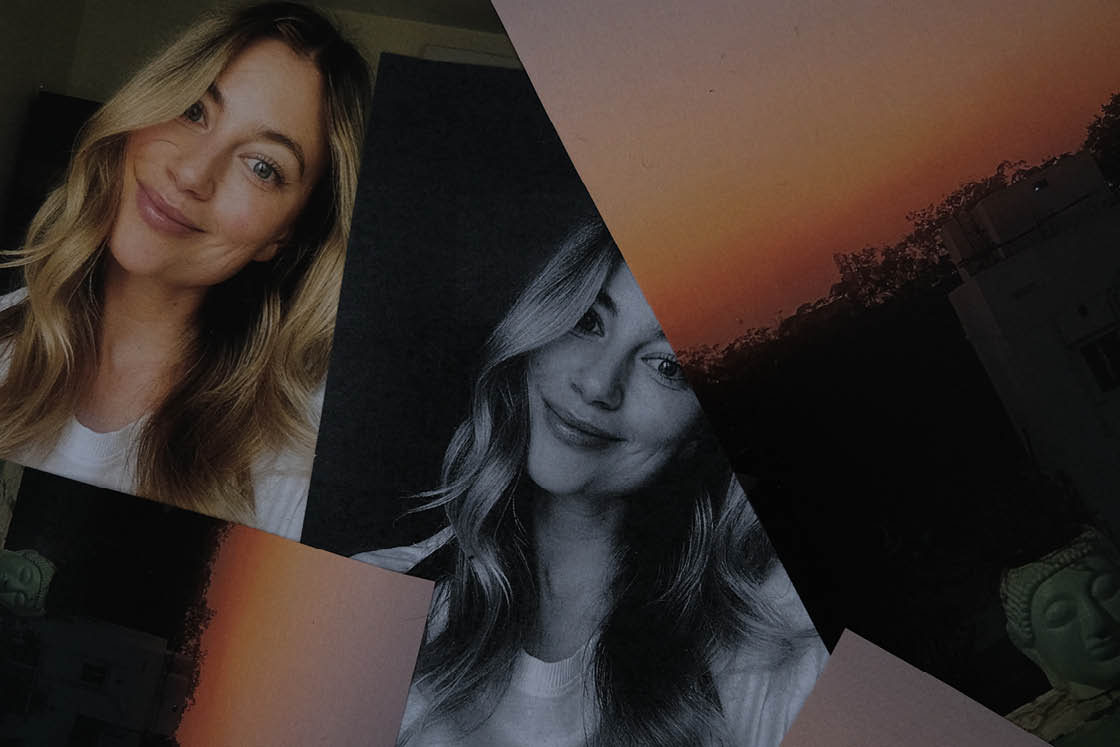
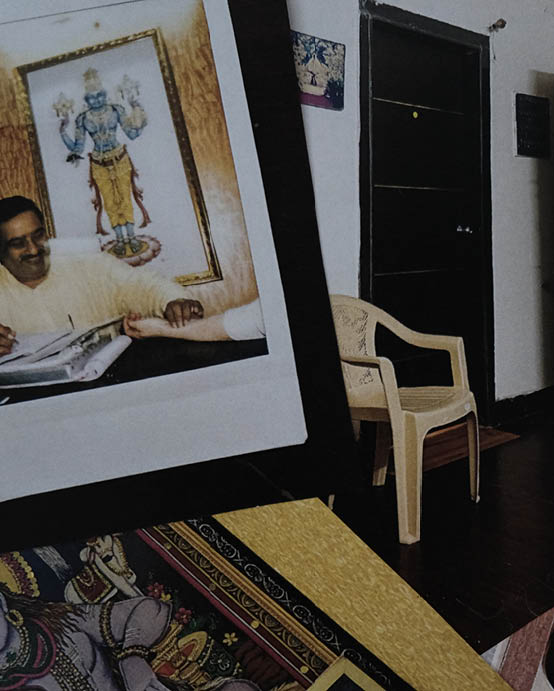
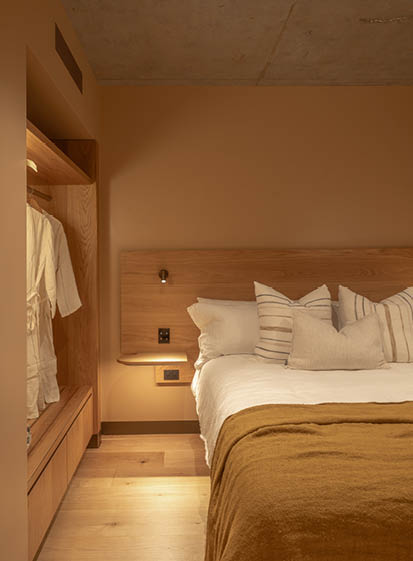
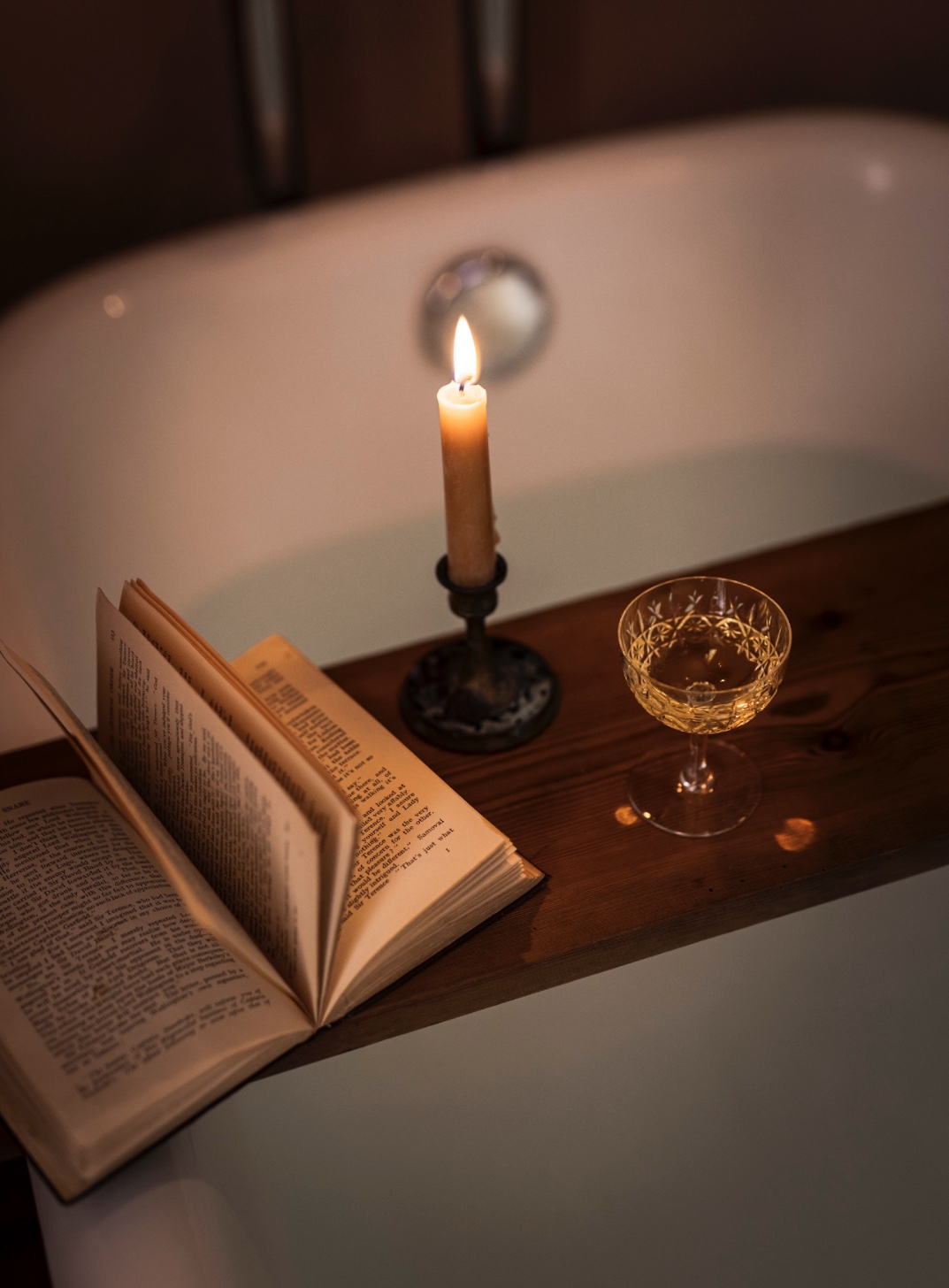
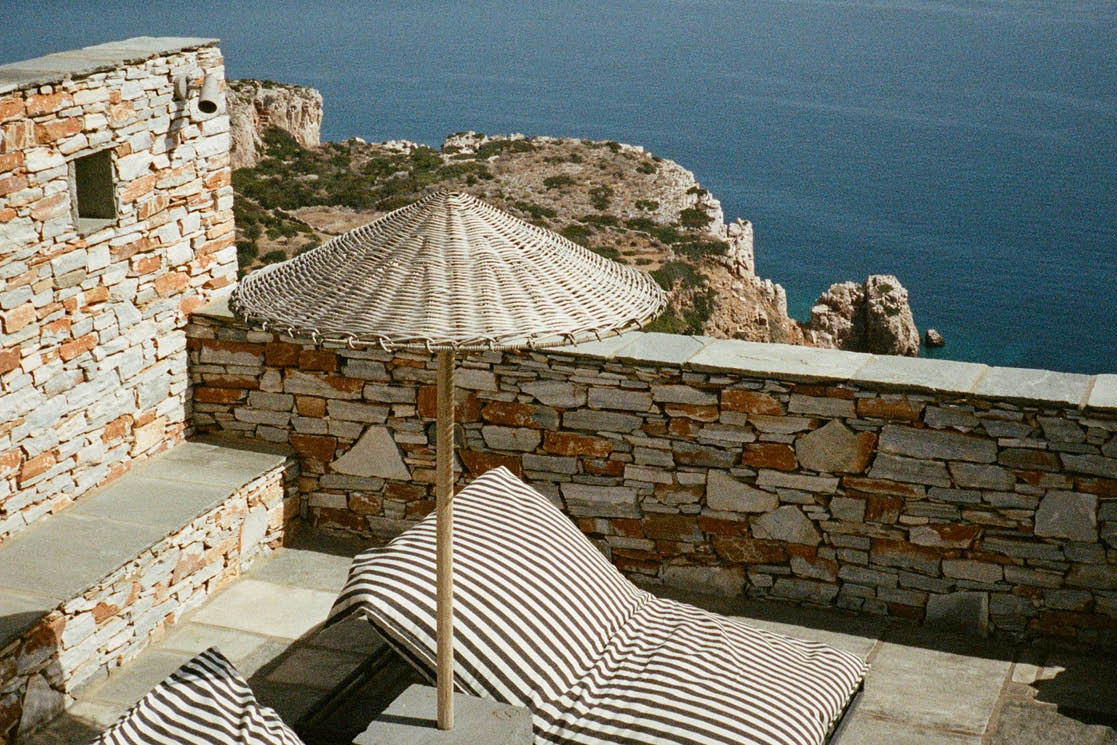

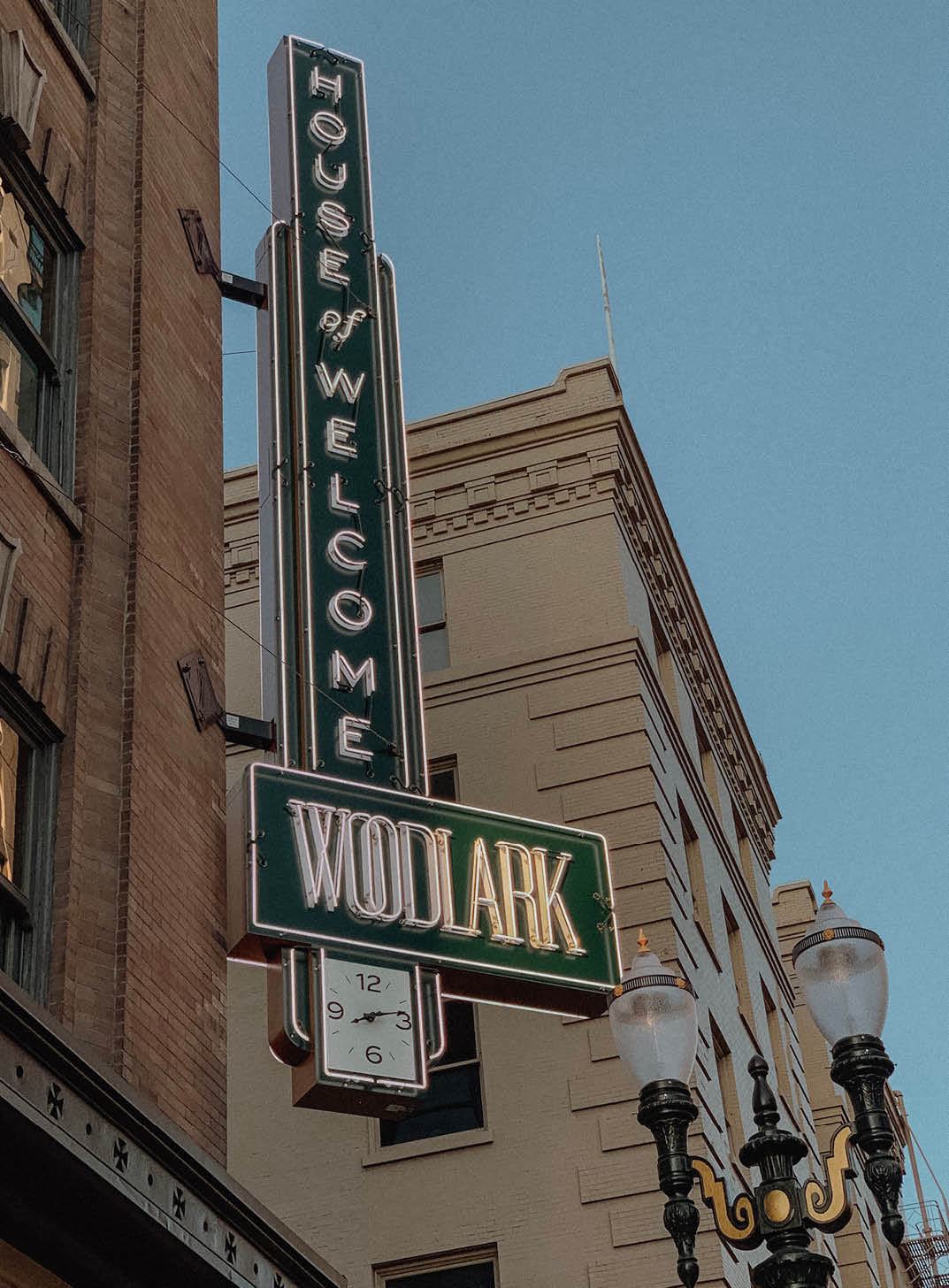
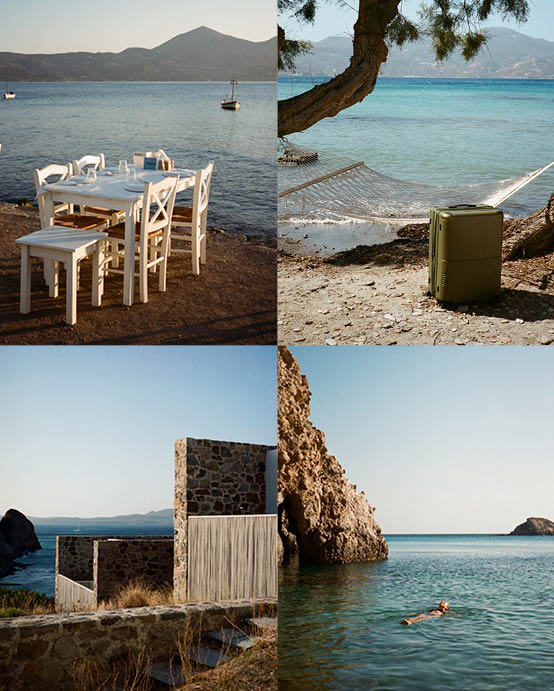
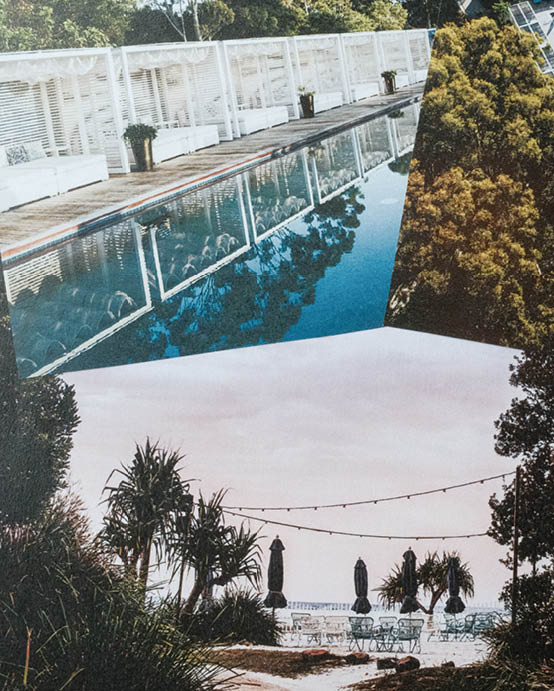
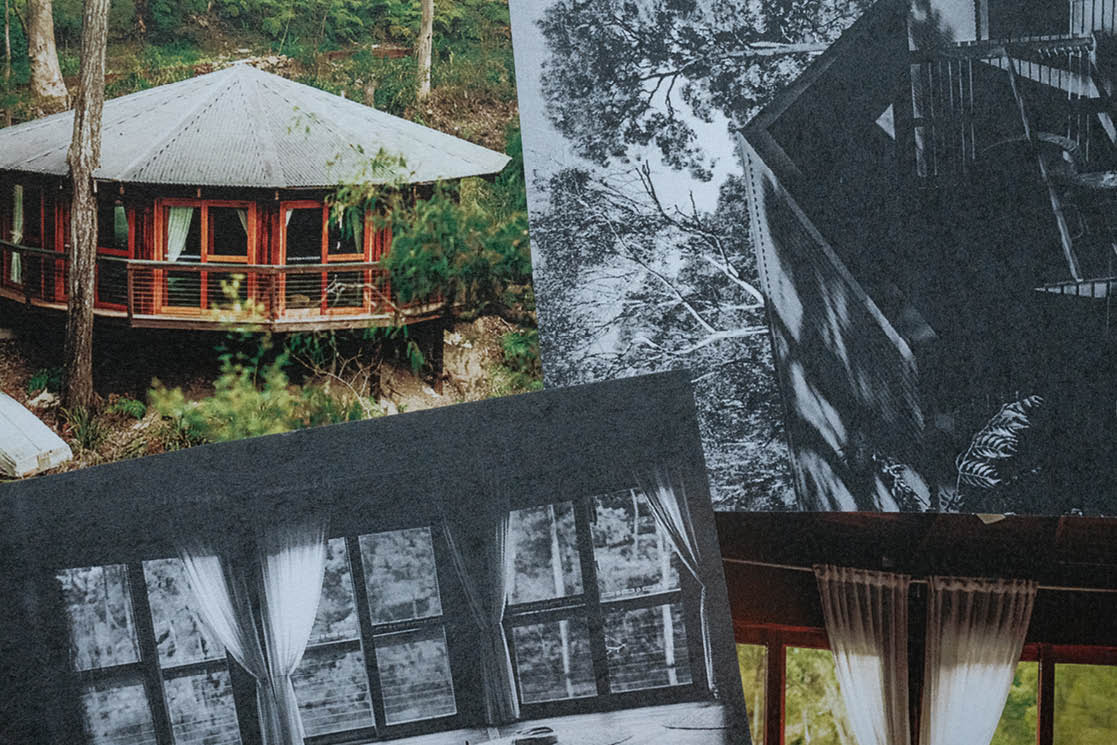
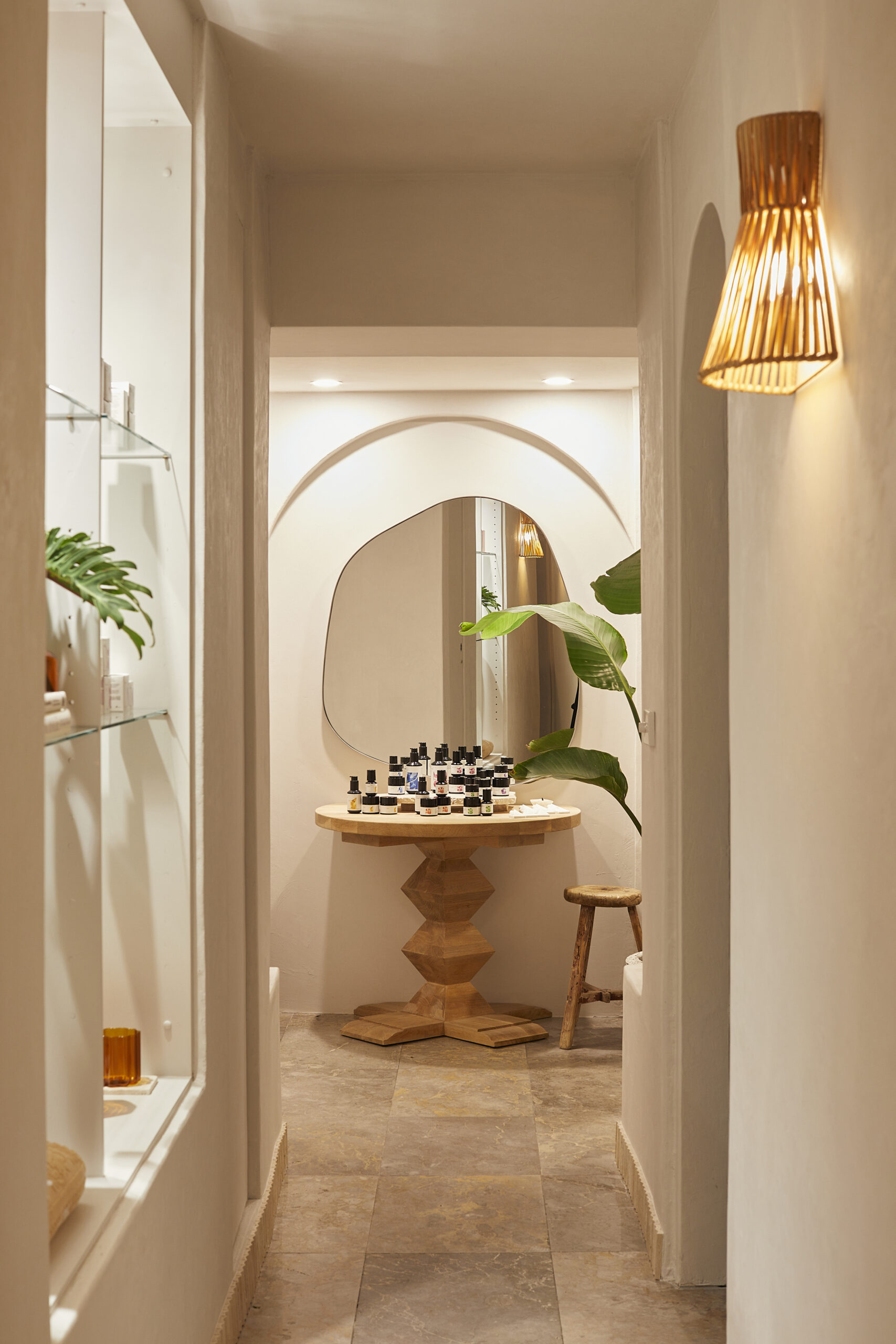
Comments